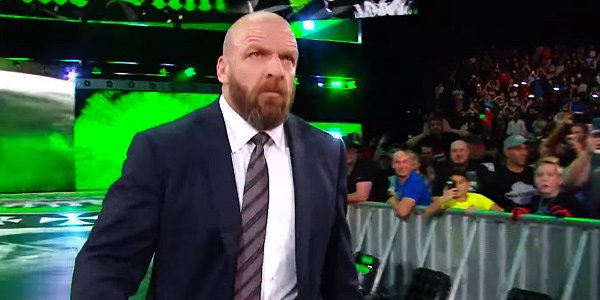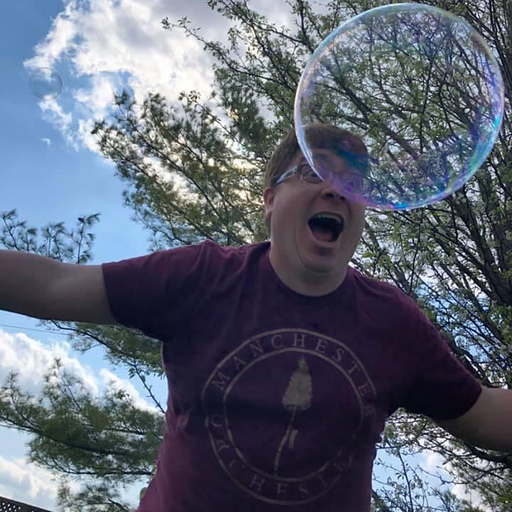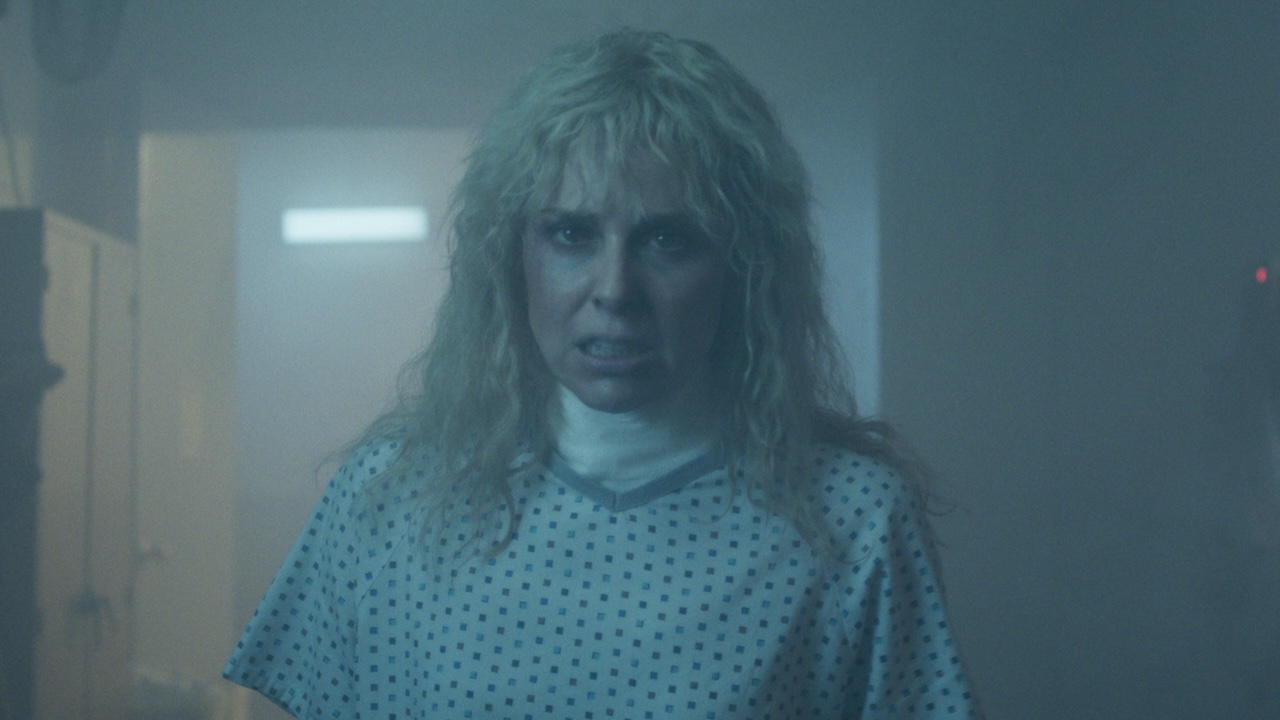How WWE's Monday Night Raw Has Fundamentally Changed Television, According To Triple H

With the start of 2018, WWE's Monday Night Raw has been a TV staple for wrestling fans worldwide for 25 years. In that time, its talented athletes and storytelling concepts have blended into other aspects of television that are completely unrelated to wrestling. Paul "Triple H" Levesque, a ring legend and a current creative-minded exec within WWE, was present at the TCA press tour to remind everyone around of Raw's impact, and CinemaBlend was on hand to hear how the wrestler thinks the action-packed series has fundamentally changed television:
To me, Raw not only is a show that has lasted that duration, it's culturally been significant in that it has changed the way that television is viewed. Go back before. You didn't see politicians walking down the hallway with entrance music playing as if they were about to step into the ring at Madison Square Garden. It has changed the way we see live event television. It has changed the way the NFL is shot, the NBA is shot, the way they do their talent packages, the rollout of their performers onto a stage. You go to an NBA game and you see them come out with pyro and music and end zone celebrations and all of it. It all stems from Monday Night Raw and that showcase. That sort of culturally significantly changed, and over that 25 years has changed along with it, but has significantly changed the landscape of television.
Politicians aren't just borrowing WWE tactics for their campaign trails, either, as some of them (our current President included), have actually appeared in person on Monday Night Raw! Triple H so wasn't spouting nonsense when he emphasized Raw's cultural impact on TV, since the WWE pioneered many visual elements on Raw are still in use today, both there and elsewhere. Would the UFC's televised events be as well-produced as they are without Raw setting the bar? Probably not. Beyond the way NBA players are introduced at games, many NFL fans can thank WWE boss Vince McMahon's former XFL league for introducing the Skycam and revolutionizing the way the sport is broadcasted forever. Love him or hate him, the guy knows how to set trends.
So, should all the major networks directly look to Monday Night Raw in order to spice up live events? It wouldn't be the worst idea, but most of Triple H's examples regarding innovation involve production aspects and visual/audio flairs to make the content appear more exciting, but the athlete wasn't referring to the actual content of the show itself. Now, more people might be inclined to tune into shows like NBC's Today if the anchors were slamming each other through tables and competing to be the World Champion anchor on a regular basis. It probably won't happen that way, of course, but perhaps WWE execs will pave the way by creating their own branded news channel?
Jokes aside, the WWE has had a significant impact on television even outside of Monday Night Raw telecasts. WWE Network launched in 2014 and changed the way fans could order wrestling PPVs, which essentially shut out cable and satellite companies from profiting so heavily from the traditional carrier deals that favored them over the WWE itself. Additionally, WWE's weekly program Smackdown found success last year by keeping the action going through commercial breaks via a smaller screen in the corner. A similar tactic has since been implemented by the NFL this season during its TV broadcasts, so while it may sound silly to look to a professional wrestling organization for innovation in the future of television, networks and companies have a history of doing so, and it's paid off.
Monday Night Raw airs on USA on Monday nights beginning at 8:00 p.m. ET. For more on non-wrestling related television that may still draw some inspiration from the product, head on over to our midseason premiere guide.
Your Daily Blend of Entertainment News

Mick Joest is a Content Producer for CinemaBlend with his hand in an eclectic mix of television goodness. Star Trek is his main jam, but he also regularly reports on happenings in the world of Star Trek, WWE, Doctor Who, 90 Day Fiancé, Quantum Leap, and Big Brother. He graduated from the University of Southern Indiana with a degree in Journalism and a minor in Radio and Television. He's great at hosting panels and appearing on podcasts if given the chance as well.
